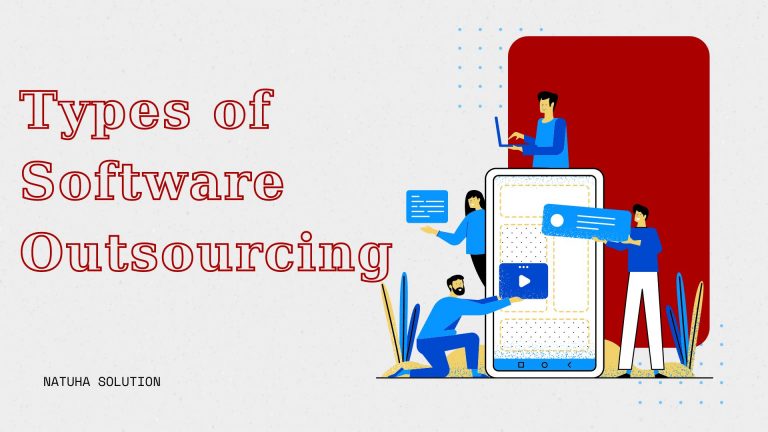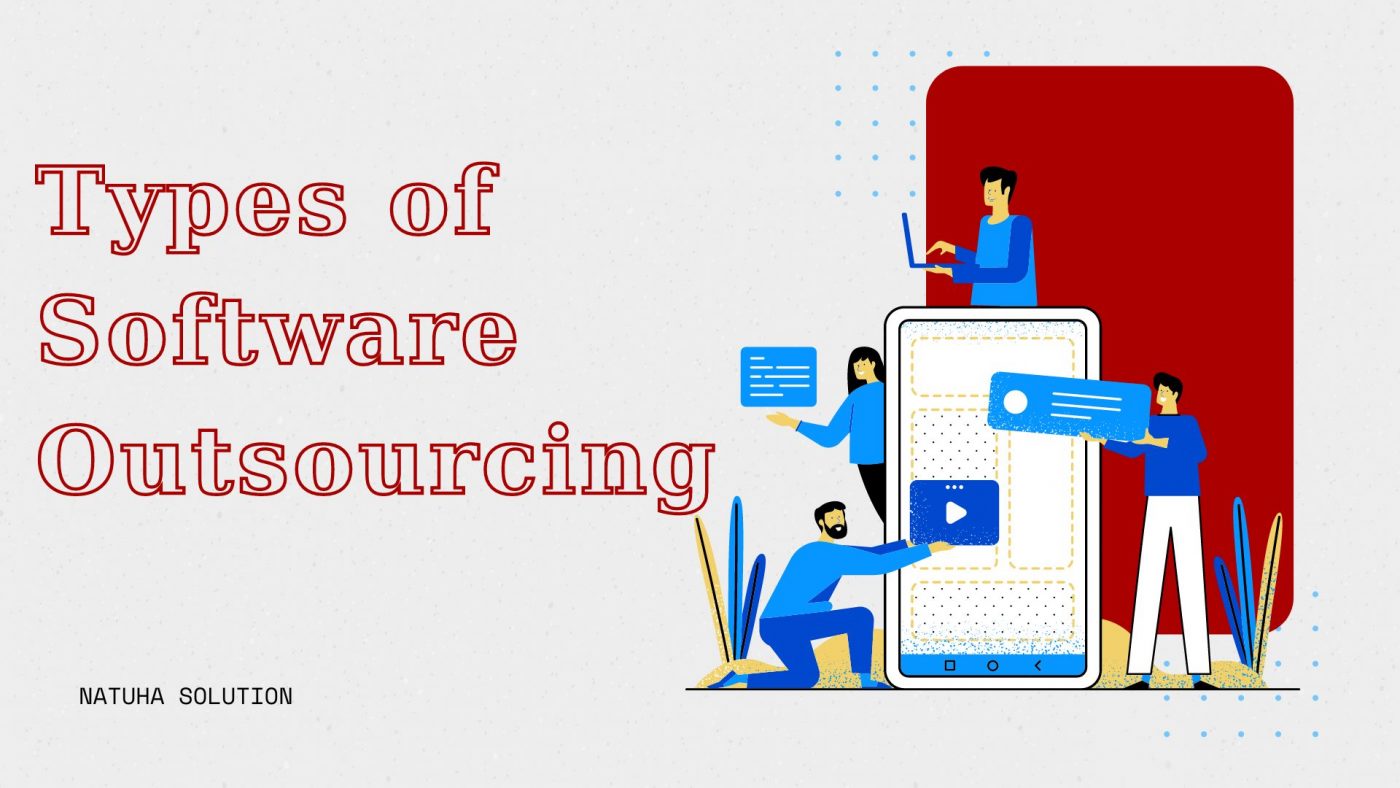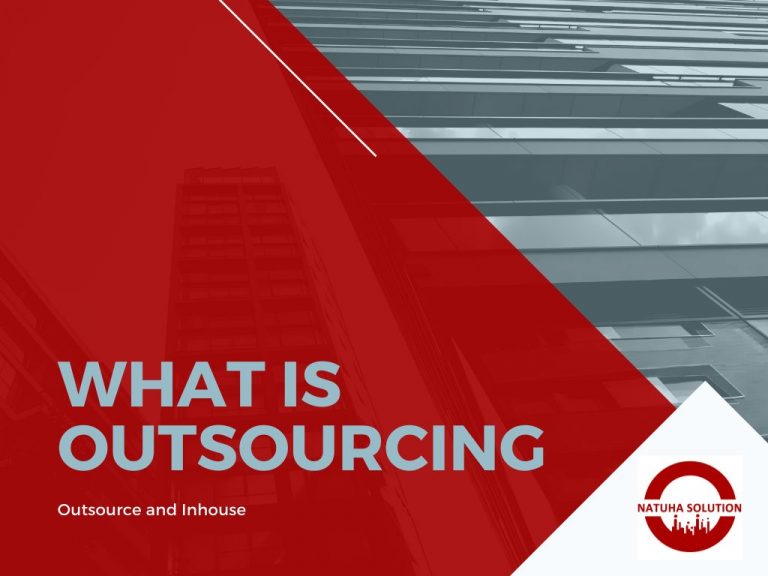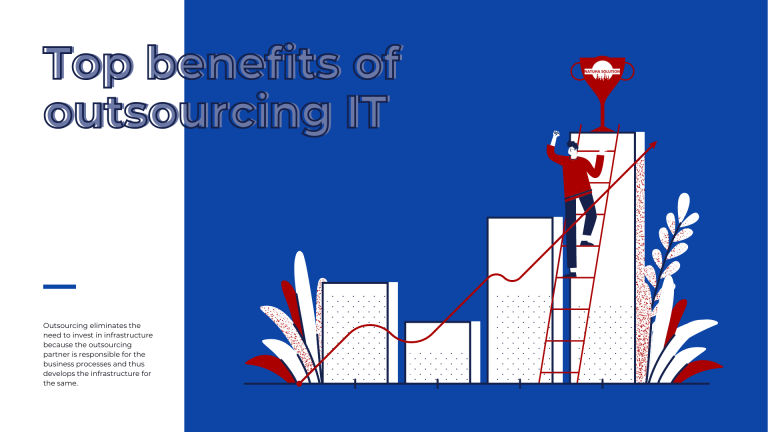

Through outsourcing, you can find a wide range of services to improve operations at your company without hiring additional employees. This can allow you to equip skills that your current workforce does not have. Since you have so many options, it’s a good idea to understand the different types of outsourcing before you get started.
Types of outsourced services
First, let’s look at the different types of outsourcing services you might want to consider for your business.
Mục lục
Professional Outsourcing
Professional outsourcing is working with individual experts to handle single, small tasks without outsourcing an entire function. With this type of service you only pay for the people you need.
For example: You have just established a company and you need a lawyer to advise on relevant legal documents. The fact that you find a lawyer for this purpose is professional software outsourcing
Some of the significant benefits of professional outsourcing are:
- Maintain cost reductions and time to market.
- Meet your exact requirements with highly qualified and experienced staff.
- Provide faster identification and up-to-date resources.
- Access to extensive technical knowledge banks, quality processes, and delivery frameworks.
- Flexibly swap, add, remove resources according to the needs of the project.
IT Outsourcing
Among all types of outsourcing, IT outsourcing is the use of external service providers to efficiently achieve business results through IT-enabled business processes, application services, and more. infrastructure solutions and applications. This may be a better choice if you have unique IT needs or you are a small business. To manage their network, maintain security and keep licenses up to date, even startups need some IT help and this is an inexpensive way to get services. there.
Thanks to its flexibility, this form of outsourcing brings many benefits to companies. It reduces costs and improves the quality of the product manufacturing process because outsourcing organizations often have special equipment and technical expertise. Also, after projects are over or when companies want to try a new IT organization, they can easily cut off previous cooperation without hesitation or complicated contracts.
Some of the outsourced IT services that companies often use are:
- Application / software development
- Application support or management
- Database development/management
- Web development/hosting
- The infrastructure
- Technical support / help desk
- Telecommunication
Project Outsourcing
Is a common strategy when a business lacks the time, skills or funds to complete a project. Illustrating the fact that companies outsource more capable companies to handle some of their projects. These third-party companies often specialize in specific areas and are able to complete projects early and efficiently. It can also cost more per project when the company does not have enough qualified labor and assets.
Some examples of this type of outsourcing are when legal firms with high demand for cases need contract attorneys to support and keep up with their workloads. Besides, production companies often partner with other design companies to customize websites, packaging, etc. In addition, they will get other marketing agencies to create and execute promotions and advertisements.
Process-Specific Outsourcing
Process-specific outsourcing is when you contract with a service provider to perform a specific process.
An important example is a bakery company that transferred its delivery service to a logistics company. From there, this bakery can fully invest their time, money and labor in ideas, baking and sales. Process-specific outsourcing is a way for businesses to focus on their professionals and grow faster. Sometimes, process outsourcing is also used to handle the control of services in the public sector such as armed forces, firefighting, police and for-profit corporations.
There are several types of process-specific outsourcing:
- Outsource the recruitment process (RPO): This includes outsourced recruitment, including application tracking, posting management, and reviews.
- Outsourcing knowledge process (KPO): This involves outsourcing knowledge development for product improvement such as research and data analysis.
- Legal Process Outsourcing (LPO): This includes all legal processes such as litigation and regulatory compliance.
Business Process Outsourcing
One of the most common types of outsourcing is business process outsourcing (BPO). You can use BPO to handle your more mundane business activities, such as administration, correspondence, and scheduling. You can also receive customer service and lead generation through BPO.
Manufacturing Outsourcing
Manufacturer’s outsourcing is related to the manufacturing process of companies. In detail, it is the process of hiring external partners of your company to build some parts of specific items or the whole product. Companies across the globe often choose to outsource their production needs because it helps cut labor costs. Hiring outside manufacturing partners can also guarantee quality because they already specialize in that area.
Besides, when producing and releasing new products, companies have to invest a lot of money in raw materials while third parties often have assets available. On the other hand, investing in internal infrastructure development, market research and business planning is also a big challenge. Thus, by practicing outsourcing by manufacturers, businesses often see significant reductions in costs and labor.
Since manufacturer outsourcing often belongs to the technical parts of the product, choosing a contract manufacturing (CMO) company is a challenge. It’s wise to check out the various available businesses and look for the one that you think will fit your best interests. In a CMO, the first thing you will want to look for is their technology skills, facility capacity, and facility maintenance. From there, you may want to understand your CMO’s willingness and ability to adapt their current systems, practices, and processes to meet your product specifications.
Operational Outsourcing
Operational outsourcing is particularly common in the manufacturing industry, as it covers services like equipment repairs. However, service-based companies can also benefit from operational outsourcing for tasks like landscaping and delivery.
Multi-Sourcing
Multi-Sourcing gives you a combination of IT and other business functions. It is generally more suitable for large companies that want to outsource a lot of IT infrastructure and operations to different vendors. However, Multi-Sourcing is also a good choice for any business that wants access to top experts, is looking for a results-based approach, and wants transparency about its IT projects.
Local Outsourcing
Contracting with a supplier in your country is called inbound outsourcing. The benefit of this choice is the initiative in communication, cultural background, time zone and being able to meet face-to-face.
The downside of outsourcing locally is that you may end up spending more money than outsourcing to another country. This is true for companies based in the United States, Canada, and most Western European countries. Plus, you can’t assume that, just because a provider charges more, the quality will be higher.
Offshore Outsourcing
Offshore Outsourcing is a form of software outsourcing when you contract with a service provider located outside the border. This is a common form of processing used quite a lot of places. The advantage of this form of processing is that it saves labor costs and resources. Take advantage of resources and technology in another country and especially sometimes choose this form of outsourcing, you will have an advantage over the host country.
The disadvantages of offshore outsourcing are reliability and distance. If you choose the right professional outsourcing company, you will get good results or vice versa. Distance is also a big problem if you need to communicate directly, or time zone deviation. However, Offshore Outsourcing is still the most chosen form of outsourcing
Nearshore Outsourcing
Outsourcing overseas works contracted with a supplier overseas but still nearby. If you are in the US, outsourcing abroad will go to Latin America, while outsourcing abroad may be in Asia.
Inbound outsourcing allows you to gain the advantages of both domestic and foreign outsourcing – while, at least to some extent, lessening their disadvantages. For example, you will be in the same time zone, but you will benefit from lower costs of doing business in another country. Plus, the risk of product delays is lower. Finally, outsourcing abroad is useful for entering neighboring markets, which is often the logical next step for businesses.
Conclude
Above are the forms of outsourcing that Natuha Solution has synthesized. Hopefully through the reading you will see which type of Outsource your business is suitable for. Follow Natuha to update the latest information
Have A Project In Mind? Let's Get To Work









